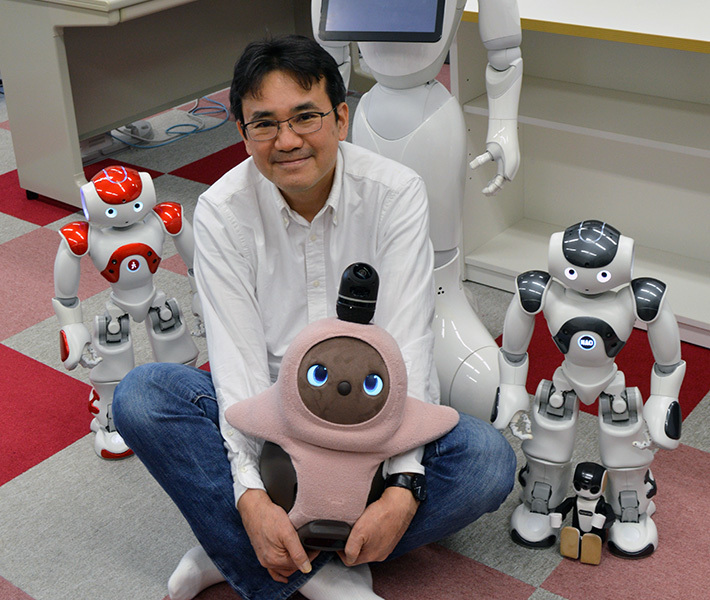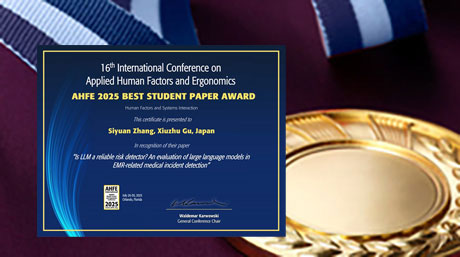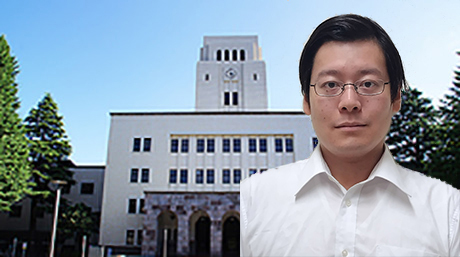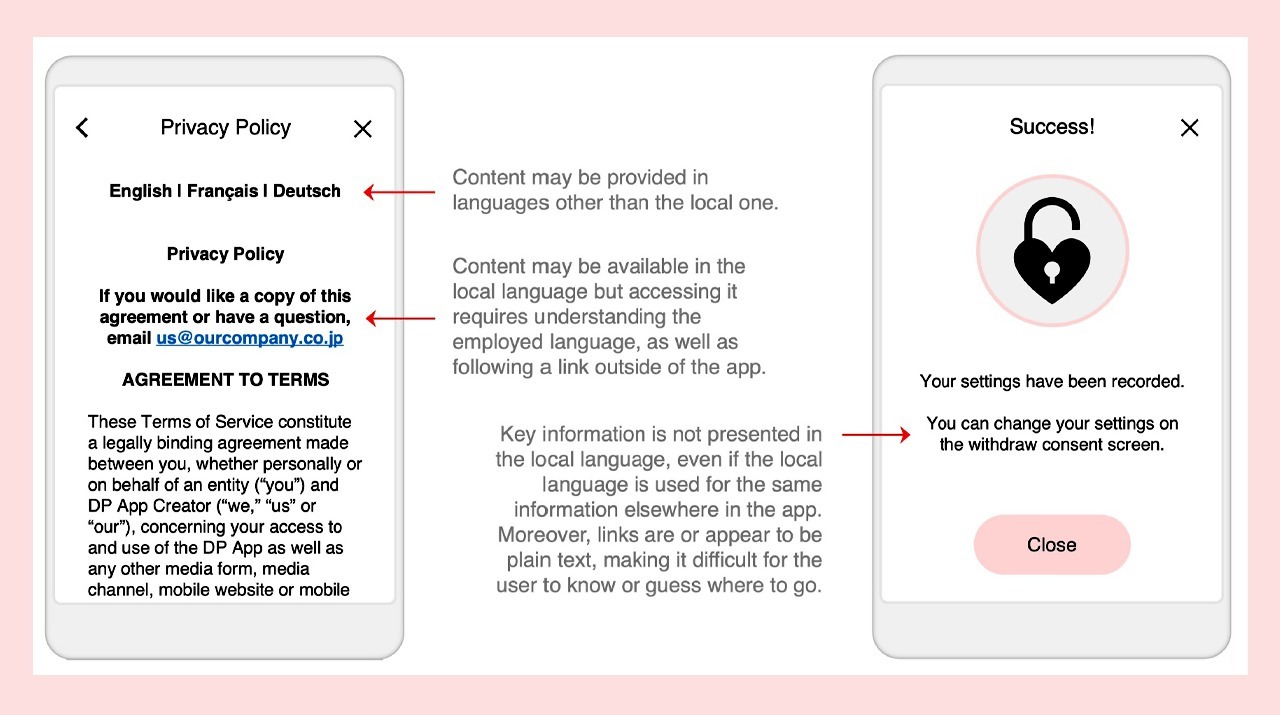Industrial Engineering and Economics News
An interview with Prof. Umemuro, Chair of the Department from 2020-2022
We interviewed Dr. Hiroyuki Umemuro, a Professor in the Department of Industrial Engineering and Economics in the Faculty of Engineering at Tokyo Institute of Technology. After working at Nomura Research Institute, Ltd. from 1989, he joined the Department of Industrial Engineering in October 1992 as an assistant professor. He has been a professor in the department since 2016 when the current School of Engineering was established.

Professor Hiroyuki Umemuro
What is your specialty?
Our lab studies people's affective experiences. While we live, study, and work, we experience affective states (e.g. emotions, moods) almost constantly. All of us are somewhat aware of the importance of rich affective experiences. Yet, many of us think that such states are fluffy and insubstantial, or even imaginary. When asked, for example, how much a happy experience is worth to us, it is very difficult to convert it into a monetary value. In light of this struggle to quantify the value of emotions, we began to wonder if we are undervaluing our affective experiences. This is the reason why our lab is conducting research on affect.
To do this work, it is important to understand the human mechanisms driving us to experience affective states. It is also important to understand the circumstances and causes of affective responses. From basic emotions, such as joy, anger, sadness, and sorrow, to higher affective states, such as a sense of accomplishment and jealousy, there are so many different possibilities and potential causes of affective experiences. Our lab examines how such experiences can influence on us, our activities, and our lives.
We also explxore how we can help people experience a desired affective state. Just changing the way we live and work can change our affective experience. We can also design services and technologies that will give us more desirable affective experiences. In particular, we focus on Human-Robot/Agent Interaction (HRI, HAI), because we believe that robot and artificial agent technologies have the potential to provide us with very rich and complex affective experiences.
What are the most important and interesting topics in your field at the moment?
One of the things we have been very interested in lately is affect in groups of people. Of course, we have affective experiences when we are alone, but when there are multiple people, affect plays a more complex and interesting role. For example, it is known that one person's emotions can be "contagious" to another person, a phenomenon called emotional contagion. Information about how each person is feeling at the moment is exchanged very rapidly among people without words. This is known to affect group decision making, work performance, and ultimately the power of the group as an entity itself.
As we learn more about affect in groups situations, we can come up with new ideas. For example, we can use information about the emotions of the group in AI and information and communication technology to improve work performance and group cohesion. Also, due to the "work style reform" initiative that has been called for recently, there are more and more opportunities to conduct joint research with companies on themes such as how to effectively improve the affective experience and job satisfaction of workers in corporate workplaces.
Finally, what are your aspirations for the future?
With the spread of the coronavirus last year (2020), telework and online classes were conducted at a large scale. The way we work, educate, and conduct research is changing dramatically. As a result, the exchange of affective information is becoming more difficult in many ways. Even when talking via videoconference, there is much less information exchanged than when talking face-to-face, especially non-verbal information related to affect. How this affects group performance and relationships, and what technology can do to compensate for and further extend affective communication, needs to be addressed.
I believe that it will become commonplace for AI-based agents to take part in human groups and work with people, whether online or offline. I wonder, what will happen to the exchange of non-verbal information, such as affective information, which has always been a natural and unconscious process between people? For example, we already know that emotional contagion occurs between robots and humans. Can we improve the group experience or group performance by designing agents and other technologies to make better use of information about individual and group emotions? Such themes will become more and more interesting in the future.
For such research on technology and human affect, engineers should collaborate with people from diverse backgrounds who have a variety of perspectives. If you are interested in the experiences of people other than yourself, and you find yourself asking questions like “What is that person feeling right now?” and “Why might they be feeling that way?,” then our lab is looking forward to working with you.





